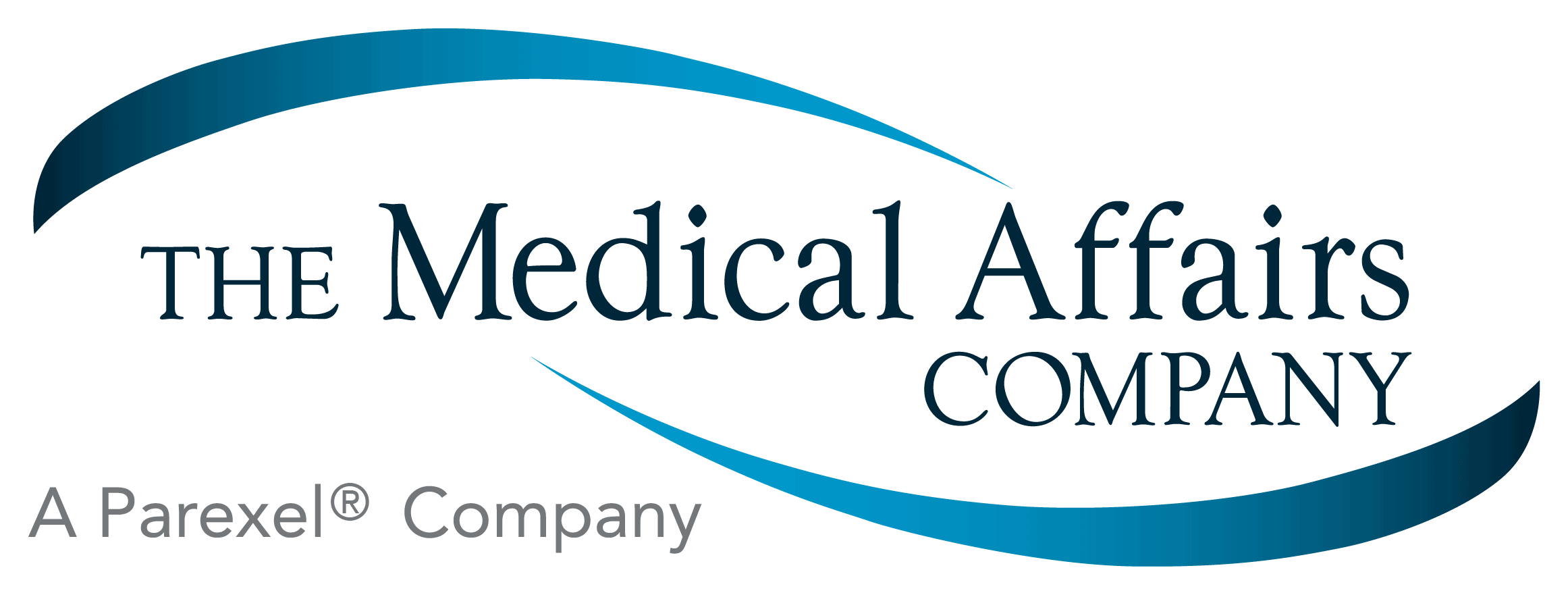
What is an elevator speech? The elevator speech is a 30 to 60 second “commercial” about who you are and what you do, potentially lasting the length of an average elevator trip. Sound easy? Any person who has experienced a job interview has faced the question, “So what do you do?” although not everyone is prepared to deliver a snappy reply. Many people, including the most articulate MSLs who are comfortable lecturing about detailed clinical data for hours, are stumped when it comes to concisely telling a compelling story about themselves. The old caveat that you shouldn’t brag about yourself holds some people back, while others may be reluctant to debate about the pros and cons of working for the pharmaceutical industry. How can you prepare for and master a short conversation about being an MSL?
Some elements of a great elevator speech include:
- Brevity. An adult’s attention span is short so you need to get to your point within a sentence or two. You may not be able to tell the entire story of what an MSL does in 30 seconds, but you need to highlight your biggest impacts.
- Specificity. What you want your listener to know about you depends on the situation and your audience. You would tell a different story in an elevator ride with Brad Pitt than you would during a cocktail party conversation with Dr. Margaret Hamburg (head of the FDA).
- Simplicity. Don’t overwhelm your listener with technical speech or jargon. Use words that are powerful and strong and well understood at all levels. Similar to targeting your audience, you want to choose different words and develop several versions that you can keep at your command.
- Great hook. The objective is to grab your listener within the first ten to fifteen seconds with a good story, so that they want to hear more about you. Everyone can relate to medicine and health, and isn’t that at the heart of your job as an MSL?
Which of the following MSLs would you want to ride with in an elevator?
Hello, I’m a Medical Science Liaison. I have a doctorate in pharmacy and I work for a pharmaceutical company. My main job is developing peer-to-peer relationships with key opinion leaders and delivering clinical presentations. Additionally, I work in a field-based geography and my job involves a lot of travel.
OR
Did you ever wonder how a scientist at the University of Iowa might become the next person to discover the cure for cancer? My job as a Medical Science Liaison involves connecting this scientist to the company that is developing the latest cancer treatments. My background in pharmacy and living in Des Moines allows me to build a bridge between the pharmaceutical company and the researcher.
The second example draws the listener in with a real example, generating greater interest and further conversation, while the first one is flat and lackluster. Everyone has an exciting message to deliver, so it’s important to develop and practice delivering yours for these inevitable situations.
What are some of your ideas for a quick, memorable explanation about your role as an MSL?








